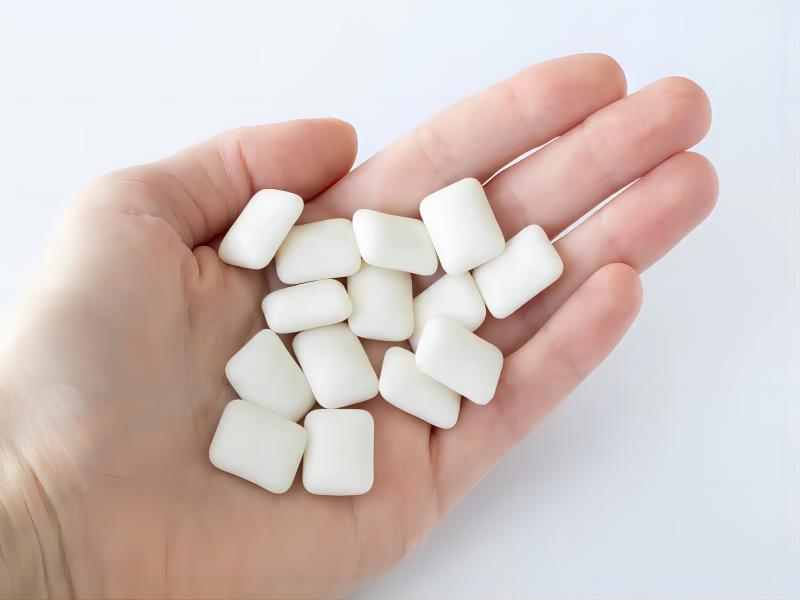In the quest for healthier alternatives to traditional sugars, natural sweetener xylitol has emerged as a prominent contender. Derived from natural sources like birch bark or corn cobs, xylitol offers sweetness without the detrimental effects associated with refined sugars. Let's delve into the world of xylitol, examining its benefits and how it compares to other sweeteners.
What is Xylitol?
Xylitol belongs to the category of sugar alcohols, which are commonly used as sugar substitutes. Unlike artificial sweeteners, xylitol has a natural origin, often extracted from fibrous plant materials. It appears as a white, crystalline powder and boasts a sweetness comparable to sucrose, with approximately two-thirds the calories.
Health Benefits of Xylitol:
1.Dental Health: One of the standout features of xylitol is its positive impact on dental health. Unlike regular sugars, xylitol doesn't contribute to tooth decay. In fact, it can inhibit the growth of bacteria in the mouth, reducing plaque formation and lowering the risk of cavities.
2. Low Glycemic Index:Xylitol has a minimal effect on blood sugar levels, making it a suitable option for individuals with diabetes or those monitoring their carbohydrate intake. Its low glycemic index means it doesn't cause sharp spikes or crashes in blood glucose levels.
3. Weight Management:With fewer calories than sugar and a slower absorption rate in the body, sugar alternative xylitol may aid in weight management by helping control calorie intake and reducing cravings for sweets.
4. Gut Health: Xylitol is known for its prebiotic properties, meaning it can promote the growth of beneficial bacteria in the gut. This can contribute to improved digestion and overall gut health.

Comparing Xylitol with Other Sweeteners:
1. Erythritol: Another sugar alcohol, erythritol is similar to xylitol in many ways. It provides sweetness without the calories and doesn't spike blood sugar levels. However, some individuals may experience digestive discomfort when consuming erythritol in large amounts, whereas xylitol tends to be better tolerated.
2. Artificial Sweeteners (e.g., Aspartame, Sucralose): Artificial sweeteners offer sweetness without the calories but lack the health benefits associated with natural alternatives like food additive sweetener xylitol. Concerns have been raised about potential health risks associated with long-term consumption of artificial sweeteners, although research findings are mixed.
Conclusion:
Xylitol presents a compelling alternative to traditional sugars and artificial sweeteners, offering sweetness with added health benefits. Its positive impact on dental health, low glycemic index, and prebiotic properties make it an attractive choice for health-conscious consumers. When compared to other sweeteners, xylitol stands out for its natural origin and versatile applications. Whether you're sweetening your morning coffee or baking your favorite treats, xylitol is a delicious and wholesome option to consider.